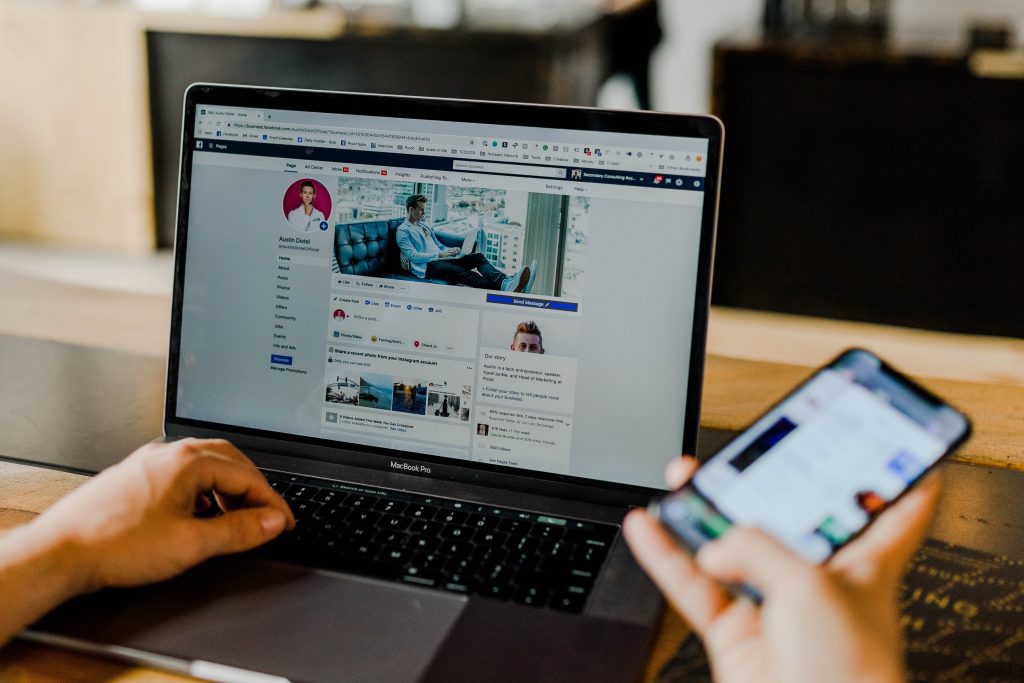How social media affects your health
Is social media good or bad? It strongly divides people’s opinions today, and evidence suggests that it can be either, depending on how you use it. Several researchers have done studies to see how it affects overall health. This article will discuss some outstanding findings from such studies.
Social media and mental health
Connecting to long-lost acquaintances has never been easier. Type their name on any of the social networking sites and you are likely to find childhood friends and schoolmates. Then you can connect and relive the good old days, even possibly create new memories by meeting, exchanging gifts, and reestablishing friendships.
It’s a fact that friendships are healthy most of the time. This is an example of a positive effect when social networks bring people together. On the flip side, some mental health problems may arise because of overuse of social sites.
Positive effects of social media

The easy access to smartphones, tablets, and computers has allowed many more people to access the internet more often. This has allowed people to use social networks in many creative and healthy ways such as creating family groups on Facebook. Social media has also promoted communication, which is a good thing because talking to others can help people feel better.
Also, social media offers a great avenue to create supportive communities that help people cope and maneuver through different situations in life, such as pregnancy or financial challenges. Experienced mothers can help young girls prepare for new children by recommending the right baby kits and providing emotional support. Money managers can suggest financial plans to achieve wealth, or to get out of debt.
Negative effects of social media
Some people may present a facade of total bliss on Facebook or Instagram, but they are struggling inside. Others will pretend their lives are perfect to gain popularity. However, their posts may cause others to suffer.
Social media and self-esteem
If a person posts pictures of their latest holiday to a tropical island with their spouse, some who see the post compare themselves, or feel envious. Also, such posts can create feelings of inadequacy to those who have challenges in their marriages, are single, or just broke.
Another interesting scenario arises when users post to social networks and do not gain engagement in the form of likes and comments on their posts. This can make them feel unwanted, lowering their self-esteem.
Social media and depression

People can become addicts of social networking sites. They end up grappling with sleep deprivation and loneliness because over-reliance on social media can mean less physical interactions. Sleep deprivation can lead to other health problems, including weak immunity and depression. In fact, several studies show that while social media use does not predict depression, a high number of people who frequent social networking sites display symptoms of depression. Warning signs include feelings of fatigue and loneliness.
Social networking and behavioral health
Little to moderate use of social media can be beneficial. Excessive use poses a serious behavioral health concern; addiction. It might not pass as a clinically recognized medical condition yet, but medical professionals know of the detrimental effects of overusing social networking sites such as Facebook.
The addiction means people spend less time on important, productive, and healthy activities such as exercise, work, reading, and physical interactions with friends and family. Addiction brings on an imbalance of behavior that challenges a person’s psyche, but can also lead to other negative effects such as depression.



